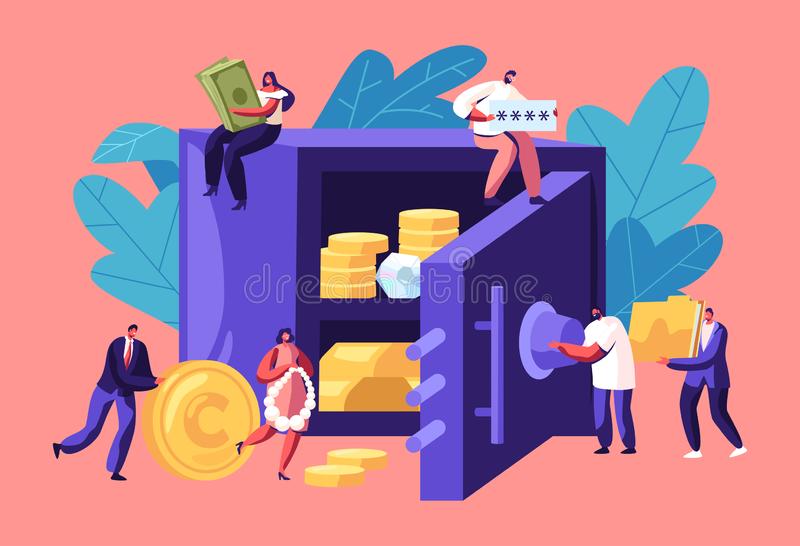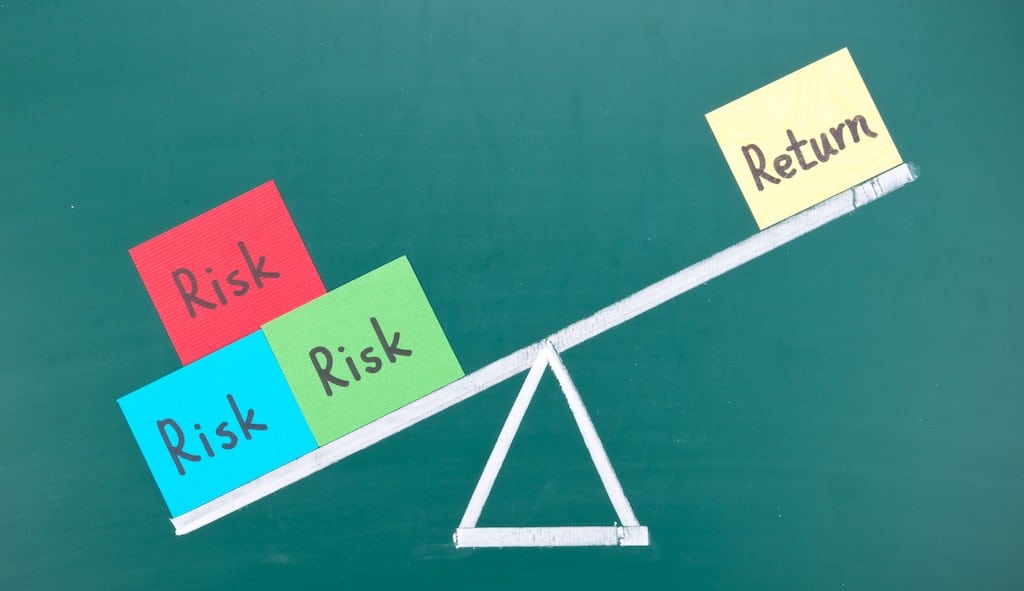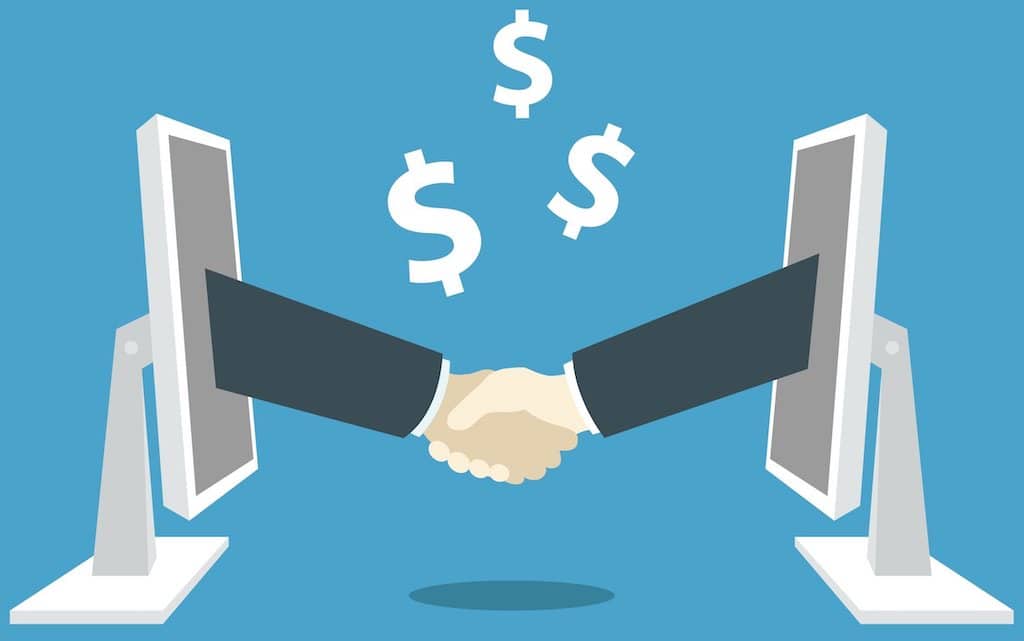
If you have been using peer to peer lending platform, you must have heard of the term loan originator. But do you know what a loan originator is, and his role in p2p lending? Today we are going to examine the loan originator in the Crowdlending sector and what is his role in the industry.
In p2p lending, a loan originator is a sales entity that enlists marketing techniques to acquire borrowers seeking loans. A loan originator is the latest addition in the p2p lending process as the fourth element after the borrower, lender, and peer-to-peer platform.
The addition of loan originators is completely new in peer to peer lending market and allows the platforms to quickly facilitate the loan compared to traditional p2p lending where it is only the platform that facilitates every aspect of the process. Typically, if you were to use p2p lending to borrow money, you would do it directly through the platform’s website. But with a loan originator, borrowers and institutions can borrow money without using the p2p platform, then the loan originator sells the loan to investors or lenders on p2p platforms.
Of course, this also comes with its own sets of risks for investors as it may cause delays in the approval process caused by the structure of the loan being sold.
A loan originator usually has two aims: The first one is to convince borrowers than their service is the best alternative in the market, and second is to take you through the loan application process until the last stage. In the p2p lending market, the loan originator is a sales entity first and then loan approval platform second.
Loan originators usually ask a series of questions to learn more about your needs and circumstances. They will need to know much about you so that they can find you the right loan and the best rates of interest.
You will also have to share your income with a loan originator to be able to assess your risk levels. If you are self-employed or works as an independent contractor, it is important to discuss in detail the loan originator about your employment.
In most p2p lending platforms, loan originators are usually listed according to their risks. The scale is usually from A+ to D which represents the lowest and highest counterparty risk in that order.
The low-risk loan originator is a strong company financially, with the stable market, solid asset quality, operating in a well-established and stable regulatory environment, and has a strong debt collection techniques lead by a quality management team with an excellent track record.
A moderate loan originator is stable but with weaker financials and average market share, as well as acceptable debt collection techniques and shorter assets quality.
The elevated risk loan originator is weak in terms of market performance with a limited position, as well as asset quality that is below average with a team with little or no track record.
The default loan originator is a company in total financial distress and has plenty of problems fulfilling financial obligations or has defaulted.
The Main Role of a Loan Originator
The main role of a loan originator in peer to peer lending is to sell debt. A loan originator is just like non-bank financial entities that originated from Mortgage Loan Originators. Traditionally, the loan officer man’s job is to “evaluate, authorize, or recommend approval of commercial, real estate or credit loans.” However, “their main job duty is to solicit potential borrowers for new mortgage loans.”
This essentially means that the main skill of a loan originator is selling.
A loan originator usually manages the entity of the participants in the process of getting the borrower to sign the loan document, including processors, marketeers, underwriters, bookkeepers and closers – with all sharing the same interest and objectives of success.
Though this may sound worrying for lenders in peer to peer marketplace, lots of precautionary measures are taken to ensure that the loan originator does not facilitate too much bad debt. Mostly, this is done by making loan originators facilitate the loans with certain quota or percentage. This practice is usually called ‘skin in the game.”
Another precaution measure usually taken by p2p lending platforms uses a buyback guarantee. This is a contract compelling a loan originator to buy back all the loans if his borrowers miss or default on payment.
Using a loan originator in p2p lending is not a bad thing, as long as you trust whoever you are working with. This is essential especially if you are borrowing or lending large sums of money.
A good loan originator should be an experienced and great communicator. He or she needs to be able to communicate confidence and trust with each participant in the process of the loan application.
[insert page=’cta-footer-crowdlending’ display=’content’]







